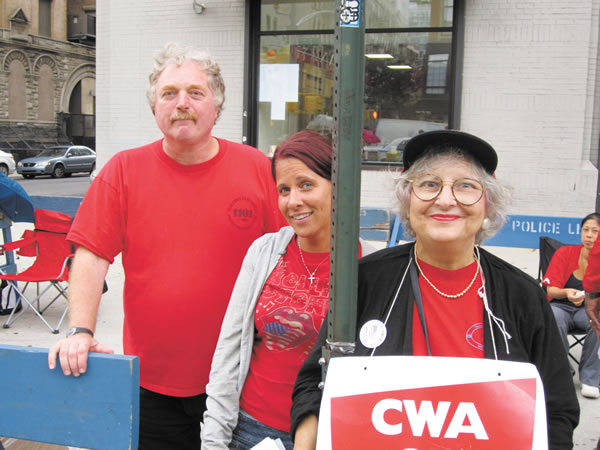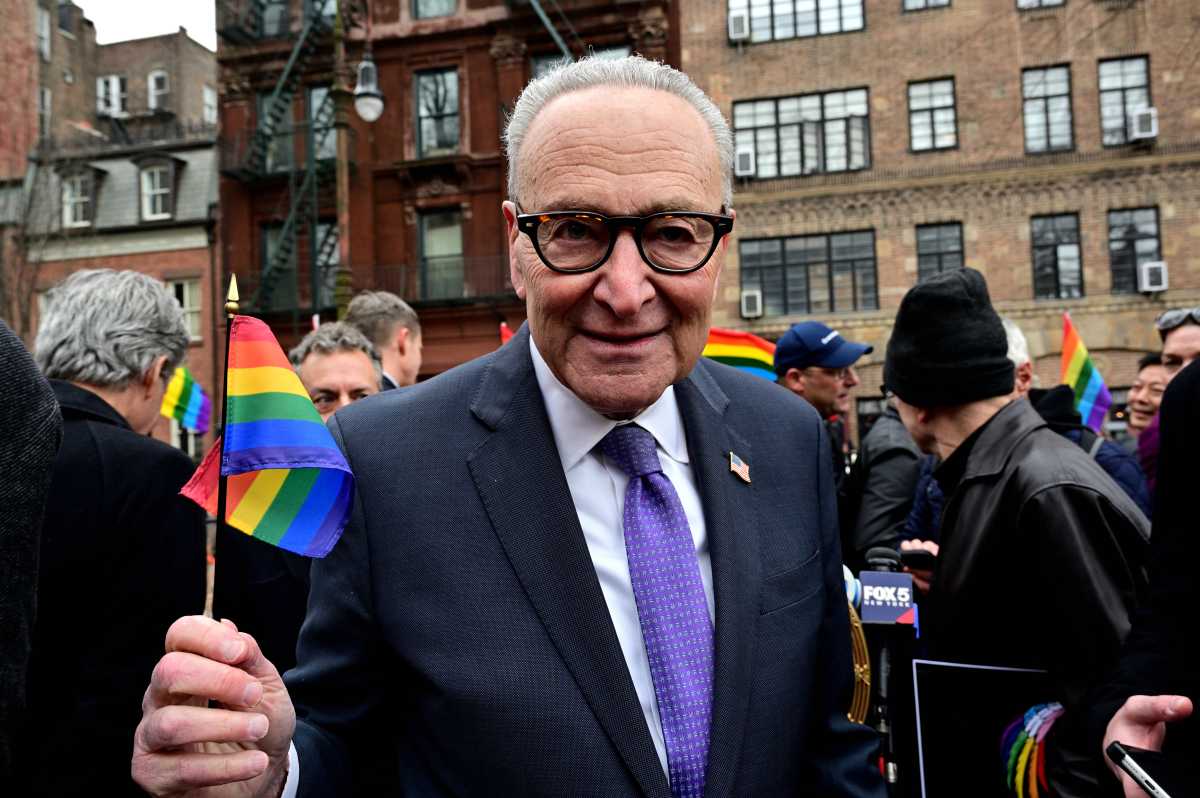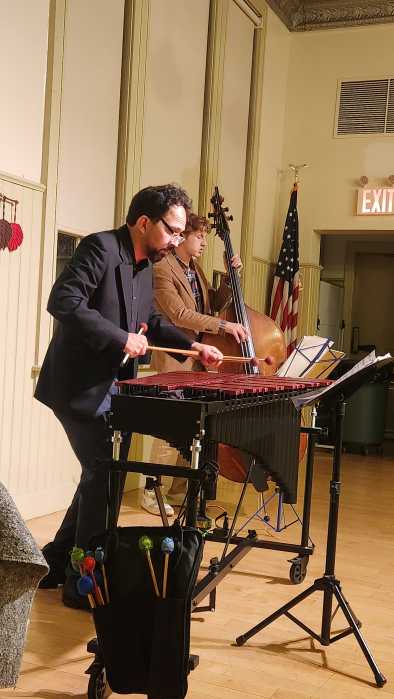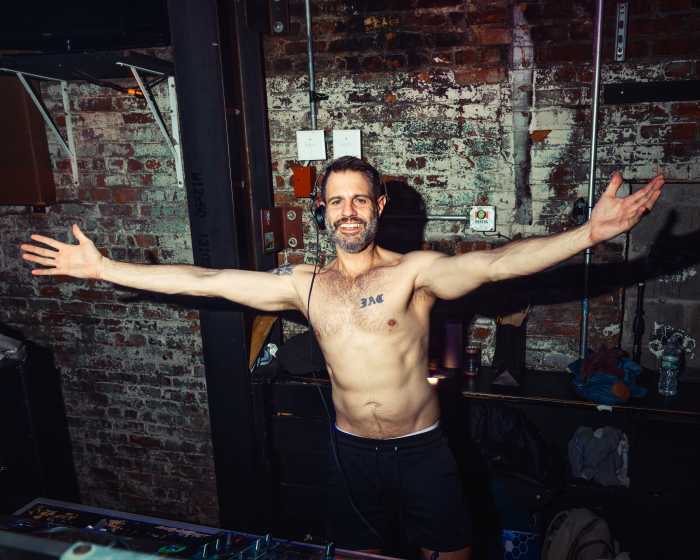By Lincoln Anderson
Chanting, “What’s disgusting? Union busting!” and “What started in Wisconsin ends right here!” striking Verizon workers have been vocally manning a picket line outside the company’s exchange building at 13th St. and Second Ave. for the past two weeks.
Members of the Communications Workers of America, they’re part of 45,000 Verizon wire-line workers who have walked off the job, protesting steep contract concessions that the communications giant is demanding.
“They want a lot of givebacks,” said Sean Williams, a customer service representative, on Monday morning. “Right now, we don’t pay for medical; they want us to pay $700 a month for a family plan. Right now we have a pension; they want to freeze the pension and have a 401k. We already have a 401k.”
The C.W.A. workers regularly made a connection with drivers in passing cars and trucks on the avenue, who honked their horns in support, as cheers rose from the picketers’ ranks.
Asked who was operating the E. 13th St. building right then, Williams said, “Management and scabs.” The place is normally manned by 700 workers, he noted. Asked if the strike was affecting service, he said, yes.
“There are a lot of misses,” he noted. “Service is down.”
“I’m the oldest one here,” said an upbeat Joan Guissari, 71, taking a break from circling in the picket line.
Now an administrative worker, she said she was recruited by the company, then known as New York Telephone, when she was still at Bay Ridge High School.
“They recruited girls that were nice,” she noted. When she started at age 17 in 1957, there was no union and she made $47 a week. She used to write a newsletter for the company; if a worker brought in someone who got a job, he or she would get a free lunch, and Guissari would write up the item.
The company has been “like a family” to her, she said. She took off 20 years to raise her children, then returned to the phone company. Now her kids have lost their jobs, and she’s still working and is helping support them.
“This is a disgrace,” Guissari said of Verizon. “These are hard-working people. Why are they doing this?”
Rich Young, a Verizon spokesperson, said of the 45,000 striking workers, “The issue here for us is they’re working for our wire-line business, which has declined over the last 10 years by half.” Communication service by Internet, Skype and cable has cut deeply into the traditional land-line business, he said.
“Verizon spends over $4 billion a year on health insurance,” Young added. “Our health costs rise 8 percent to 10 percent a year.”
He said C.W.A. can help the two sides reach agreement on a new contract if the union agrees to changes on the workers’ health premiums.
The rest of the 196,000-employee company, including all its wireless jobs, are nonunion, according to Young.
Some of the wire-line workers’ contract provisions date back to the 1960s, he added, when the phone business was far less competitive than today.
Regarding service impacts from the strike, Young said, “I can’t say there’s no effect. But we’ve deployed tens of thousands of replacement managers and employees to fill the void. They’re doing a great job. The disruptions are minimal.”







































